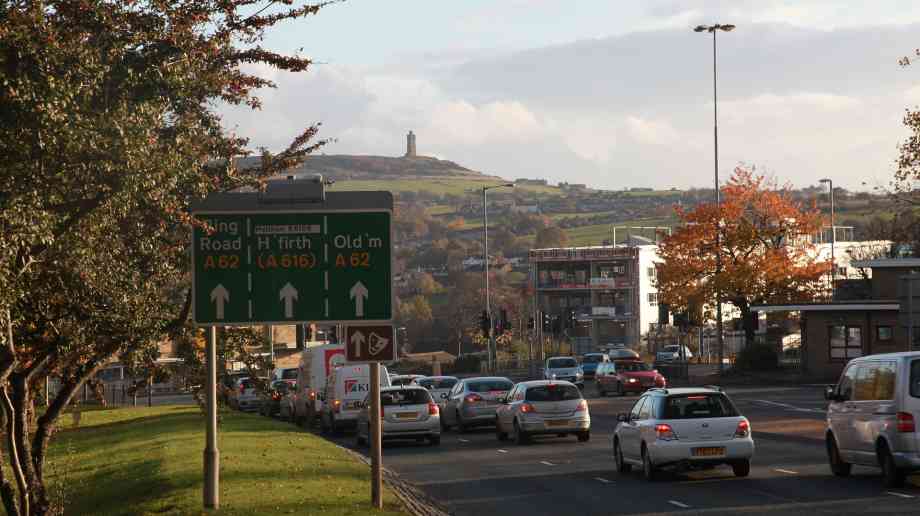Sue Robb of 4Children talks to Julie Laughton and Alison Britton from the Department for Education about the role of childminders in delivering the 30 hours free entitlement.
National congestion crisis warning issued by councils

Council leaders have revealed that the number of vehicles on England’s clogged roads has risen by nearly two and a half million in the last five years.
Over the same period, road space has only increased by 0.6 per cent meaning that there are significantly more vehicles per mile of road. This then increases congestion, air pollution and road surface issues.
Figures indicate that there are 2,460,900 more vehicles on the road in 2017 when compared with five years ago in 2013, while road length in England has only increased by 0.6 per cent over the same period and that UK drivers wasted an average of 31 hours in rush-hour traffic last year, costing each motorist £1,168.
The LGA urges the government to recognise the need to match the increased infrastructure pressures and demand on our local roads with a radical new strategy to provide a fully-funded plan, as well as new powers to better manage congestion. This needs to include reinvesting 2 pence per litre of existing fuel duty which would generate an extra £1 billion a year for councils to spend on local roads maintenance and help tackle the £9.3 billion backlog of repairs.
Martin Tett, LGA Transport spokesman, said: “England’s roads are currently gripped by a growing congestion crisis. Very few journeys begin and end on a motorway or trunk road yet government funding on the strategic road network is 52 times higher than for local roads. Spending more on improving our national roads will only serve to speed vehicles up between increased delays and congestion on local roads.
“It would already take more than £9 billion and over 14 years for councils to clear the current local road repairs backlog. Reinvesting 2 pence per litre of existing fuel duty into local road maintenance would generate £1 billion a year for councils to start tackling the backlog and improve our local roads.
“Councils are working hard to combat traffic and congestion but need to be able to do more to tackle this growing problem. The government should implement the recommendations of the National Infrastructure Assessment and give councils long term funding certainty for transport investments that will enable councils to embark on the widespread improvement of our roads that is desperately needed, to the benefit of all road users up and down the country.”
Company Focus
Just Lanyards is a subsidiary name of Gifts 2 Impress Limited, who have been trading for over 25 years, we therefore pride ourselves in having endless experience covering all aspects of the promotional merchandise industry.
Event Diary
UKREiiF has quickly become a must-attend in the industry calendar for Government departments and local authorities.
The multi-award-winning UK Construction Week (UKCW), is the UK’s biggest trade event for the built environment that connects the whole supply chain to be the catalyst for growth and positive change in the industry.
Supplier Profiles
Geo Energy
At GeoEnergy Design, we're on a mission to disrupt the traditional way heating and cooling ha
Latest Features
Professor Harith Alani, director of the Knowledge Management Institute at the Open University explains how AI can be used for good and bad.
Alex Lawrence, head of health & social care, techUK sets out techUK’s Five Point Plan for CareTech.

















